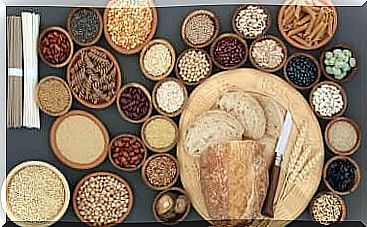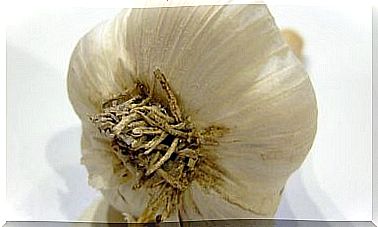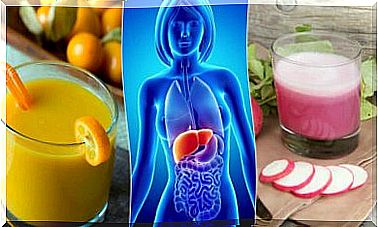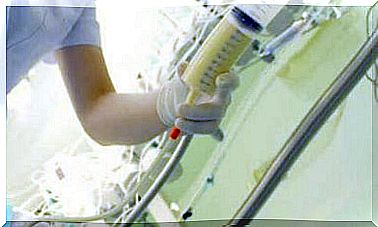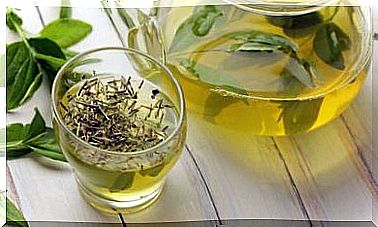Health Consequences And Effects Of Moisture

Moisture directly affects the amount of allergens and microorganisms in the environment. In particular, high humidity causes populations of mites and fungal colonies to grow, which greatly affects allergic people. Therefore, we will focus on what the health consequences and effects of moisture are.
Even non-allergic people suffer from the effects of moisture when levels are high. We know that nobody likes sticky heat. But, have you ever wondered why the hot, humid air makes us feel so uncomfortable? Or, why can extremely dry air also cause discomfort?
It’s important to keep humidity levels within a specific range so extremes don’t affect us. It’s not just about keeping allergies under control, it’s also about safety. We’ll talk more about this topic later. Check out.
Effects of excess moisture on the body
One of the reasons why humidity makes hot weather more unbearable is that the higher it is, the higher the temperature. When you are in a humid place, the thermal sensation may be higher, even if the temperature is at a bearable level. But why does it make us feel warmer? To understand this, we need to know how our body cools us or regulates temperature.
It helps in cooling the body
Perspiration, one of the body’s main cooling mechanisms, only works to cool us down if the water produced when the temperature rises is excreted through the skin and evaporates. So, this is where the moisture comes in. The concentration of water in the air in relation to temperature determines the rate at which water can evaporate from the skin. Therefore, when the air contains more moisture, it is more difficult to absorb sweat from the skin.
The result? We sweat and sweat, but instead of feeling relief, we just feel hot and sticky. When high relative humidity affects perspiration’s cooling ability, the body is eventually forced to do other things to cool us down.
When sweating doesn’t work to cool us down and we continue to warm up, the result is overheating. This causes the loss of water, salt and compounds that the body needs. Overheating or heat exhaustion can cause dehydration and chemical imbalances in the body.
When the overheating condition is severe, it can result in:
- Cramps
- Syncope or fainting
- exhaustion or weakness
- Insolation
The main ways to avoid overheating are, first of all, to take into account not only the temperature but also the heat index. It’s essential to drink plenty of water, reduce the strain of physical activity, and cool off while noticing any signs of fatigue or increased pulse.
The drier the air, the faster it will cool and the colder your body will feel. In addition to creating a more comfortable environment, allergens that tend to thrive in warmer, more humid conditions are also reduced.
Effects of low moisture on the body
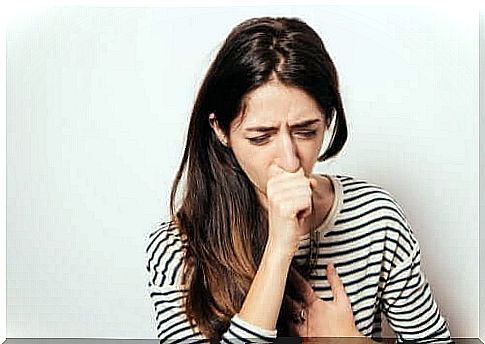
While in many areas it is not uncommon to see relative humidity above 80% during the summer, the fall months can bring levels as low as 20%. Its effects at low levels are manifested mainly in two areas: the skin and the respiratory system.
Among the signs that indicate the manifestation of low humidity in the respiratory system are:
- dry nasal passages
- sore or scratched throat
- Greater spread of diseases
In turn, the effects of low moisture on the skin are presented through:
- Dry skin
- cracked lips
- dry eyes
Humidity, high or low, can have negative consequences for the health of the body. Remember: relative humidity is temperature dependent. These two factors are integrally linked and changes in one affect the other. Maintaining a relative humidity level between 35% and 50% is generally ideal. This not only allows the body to function normally, it also prevents the growth of allergens such as dust mites and mold.


